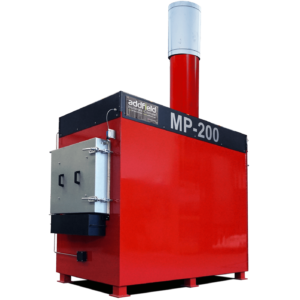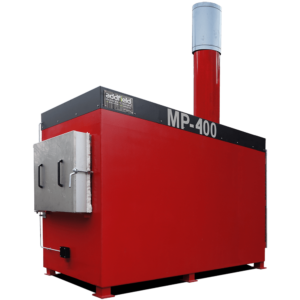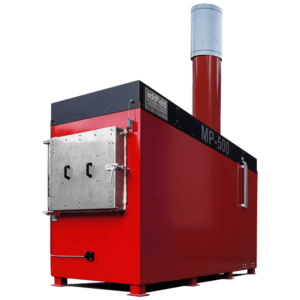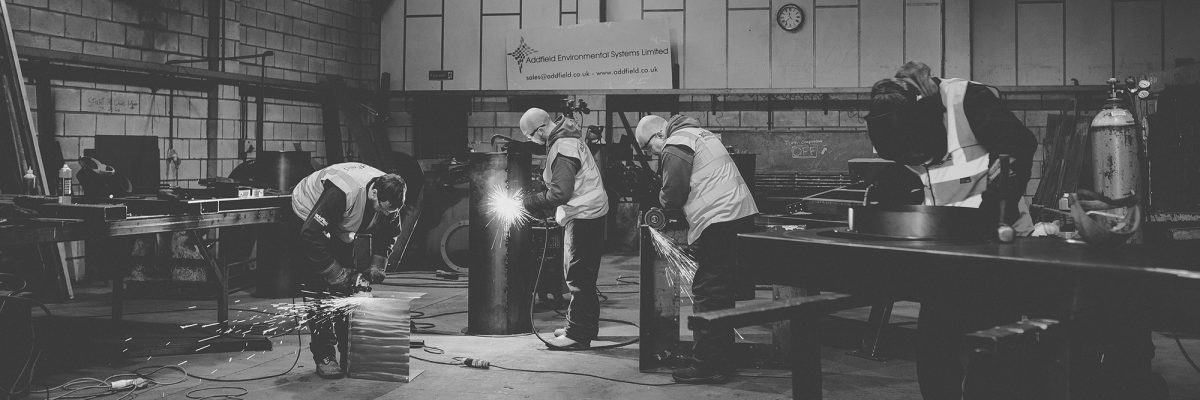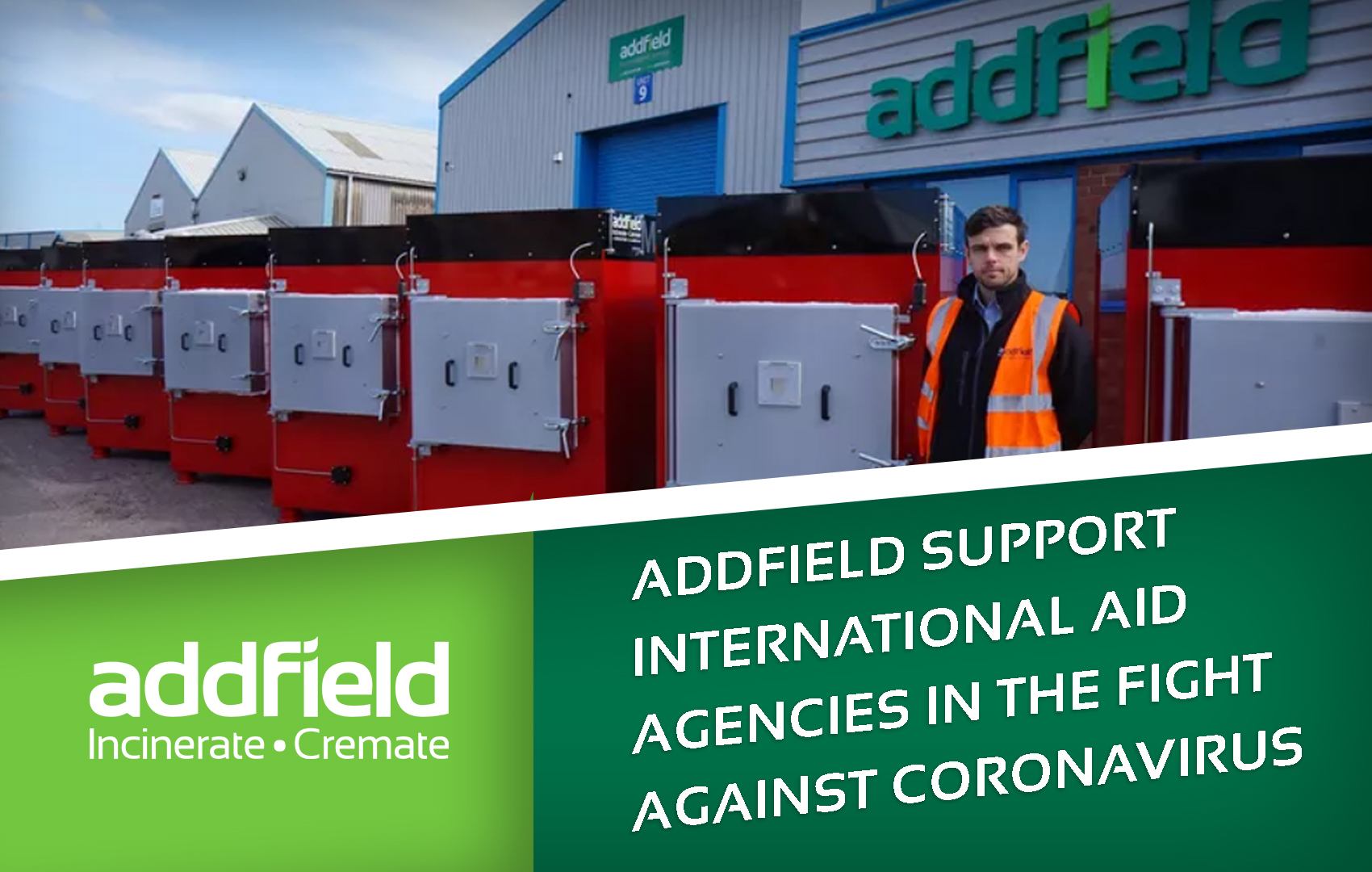
08/04/20
Supporting international aid agencies fighting Coronavirus
As health systems worldwide struggle under the weight of the added pressure caused by the Coronavirus. Millions of tons of additional hazardous waste is going to be generated. One issue that many are overlooking is what is going to happen with this waste and will it increase the spread.
Following years of working with international aid agencies we are very proud to have been formally recognised as a key supplier for managing the disposal of medical waste with medical incinerators by MSF (Medecin Sans Frontiere).
Following intensive screening and testing our range of medical waste, incinerators are joining the ranks at the top of the approved suppliers’ list after comparing their quality, performance, support, distribution network and international reach with other manufacturers.
“For many years we have proudly supported aid agencies like the UNOPS, MSF, and Unicef with notable recent projects in Bangladesh, Sierra Leone, Yemen, and most recently Tajikistan. We have always aimed to deliver machines that will live on beyond the initial lifespan of the projects they are often installed in. Ensuring that our machines are capable of supporting the communities for decades rather than just the short term. We are honoured to have been recognised as a trusted supplier and understand the value that this recognition will have to future customers.” Derek Carr, Operations Director
The importance of such recognition is vital in such an unprecedented time, as the management of hazardous waste can make a dramatic difference in protecting communities from viral infection. In most developed regions benefitting from established medical facilities, this will not prove to cause an insurmountable problem. As their health care systems redirect to focus on the most important tasks at hand directing waste generated directly to their existing treatment systems.
However, for countries with a less established means of waste management, this additional pressure could increase the spread of the disease. Increasing risks and stretching out the time required for the infection rate to reduce. It is not uncommon in less developed or prepared regions for medical waste to be disposed of on common ground or burned in open fire pits, both approaches run the very high risks of spreading the disease rather than containing it.
It is globally recognised that the safest way of neutralising and destroying hazardous and dangerous medical waste is through appropriate incineration. Achieving temperatures in excess of 850°C completely removes the risks as any viral or bacterial agents are completely destroyed.
Having previously supported projects dealing with Ebola, Zika, Measles, and HIV in many remote locations. We are sure that the prolonged impact of the Coronavirus will carry on long after it is still making headlines. And we hope that we will be able to continue to help prevent future outbreaks.
For more information on how Addfield have worked with multiple international aid agencies visit our Case Studies section by clicking here.
To learn more about the Addfield range of medical incinerators Click Here
- British Designed.
British Built. - World leaders in
incineration technology. - Unrivalled build quality
& machine longevity. - Distributed to more
than 140 countries. - Environmentally
Responsible. - Trusted partner with
40 years experience.
